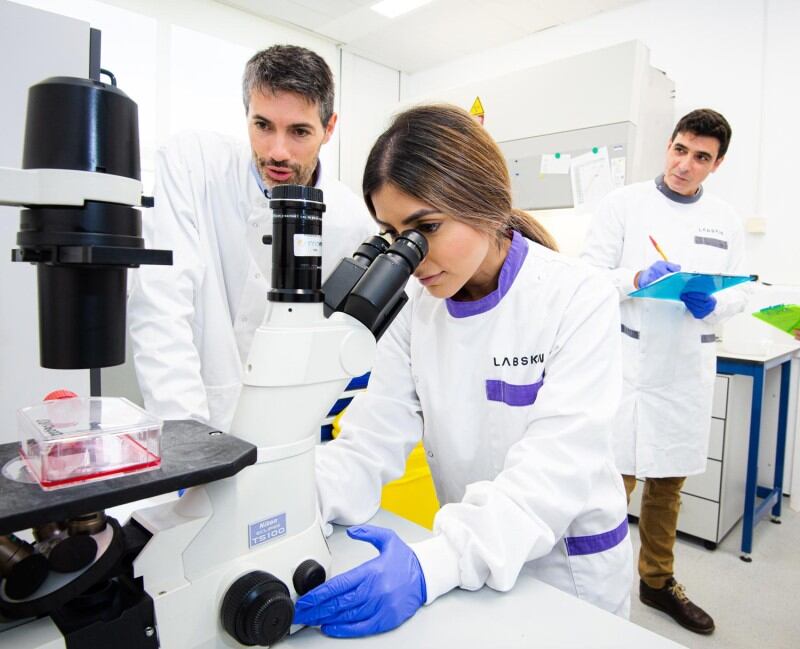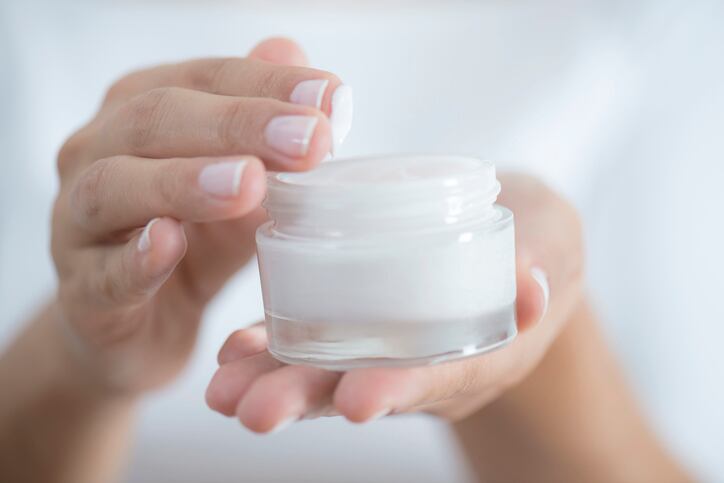The model, now commercially available as Innovenn Labskin M, incorporated melanocytes in a 3D lab-grown skin model designed to mimic the skin’s microbiome, offering important research opportunities for testing skin care products on a diverse range of skin types.
“Several scientific publications have demonstrated that skin of different ethnicities present different microbiomes,” Labskin said. The new ‘pigmented’ models, therefore, enabled safety and efficacy assessments of skin care ingredients and formulations on a range of skin types, “integrating ethnic skin with various microbiomes”.
“The presence of melanocytes on the skin model also permits the study of causes and alleviation of hyperpigmentation, creates an ideal model to study UV exposure response and phototoxicity, and opens the door to establish reproducible melanoma models for the pharmaceutical industry,” the company said.
‘A critical development’ for cosmetics and dermatology
Dr David Caballero-Lima, chief scientist at Innovenn Labskin, said the new model allowed the company and cosmetics industry to obtain a “deeper understanding” on melanin production in healthy and pathological stages, as well as insight on how this related to skin toxicology, drug metabolism and the host microbe interaction.
“It’s a critical development for the cosmetics and dermatological sectors to provide even more precise testing platforms to deliver first class, safe and efficacious products,” Caballero-Lima said.
Skin Microbiome Webinar
Dr David Caballero-Lima was as an expert panellist on last year’s CosmeticsDesign’s Skin Microbiome: Next-Gen Innovation and Science webinar which can still be watched in full on-demand here.
Dr Jacobo Elies Gomez, academic supervisor and assistant professor in pharmacology at the University of Bradford’s Faculty of Life Sciences, said the model was state-of-the-art because it enabled investigation of the biology and cellular behaviour of melanocytes in health and disease.
“There is no other commercially available system of lab-grown skin that includes melanocytes. This opens up huge opportunities for research and could lead to new discoveries, for example with skin cancers,” Gomez said.
Being able to offer this model commercially also made it much easier for other sectors, beyond cosmetics and skin care, to become involved, he said.
Collaborative push
The development of the pigmented lab-skin 3D model had been a collaborative project between Labskin and the University of Bradford under the UK government’s Knowledge Transfer Project which was designed to encourage collaboration between business and universities. The project was funded by Labskin and government agency Innovate UK.
Back in October 2019, Labskin unveiled an artificial intelligence (AI) psoriasis skin model that it said offered great promise for cosmetic companies in product development but also predictive work too in the future. Back then, the company was already working with a number of leading beauty manufacturers and brands to offer lab testing on these models.




